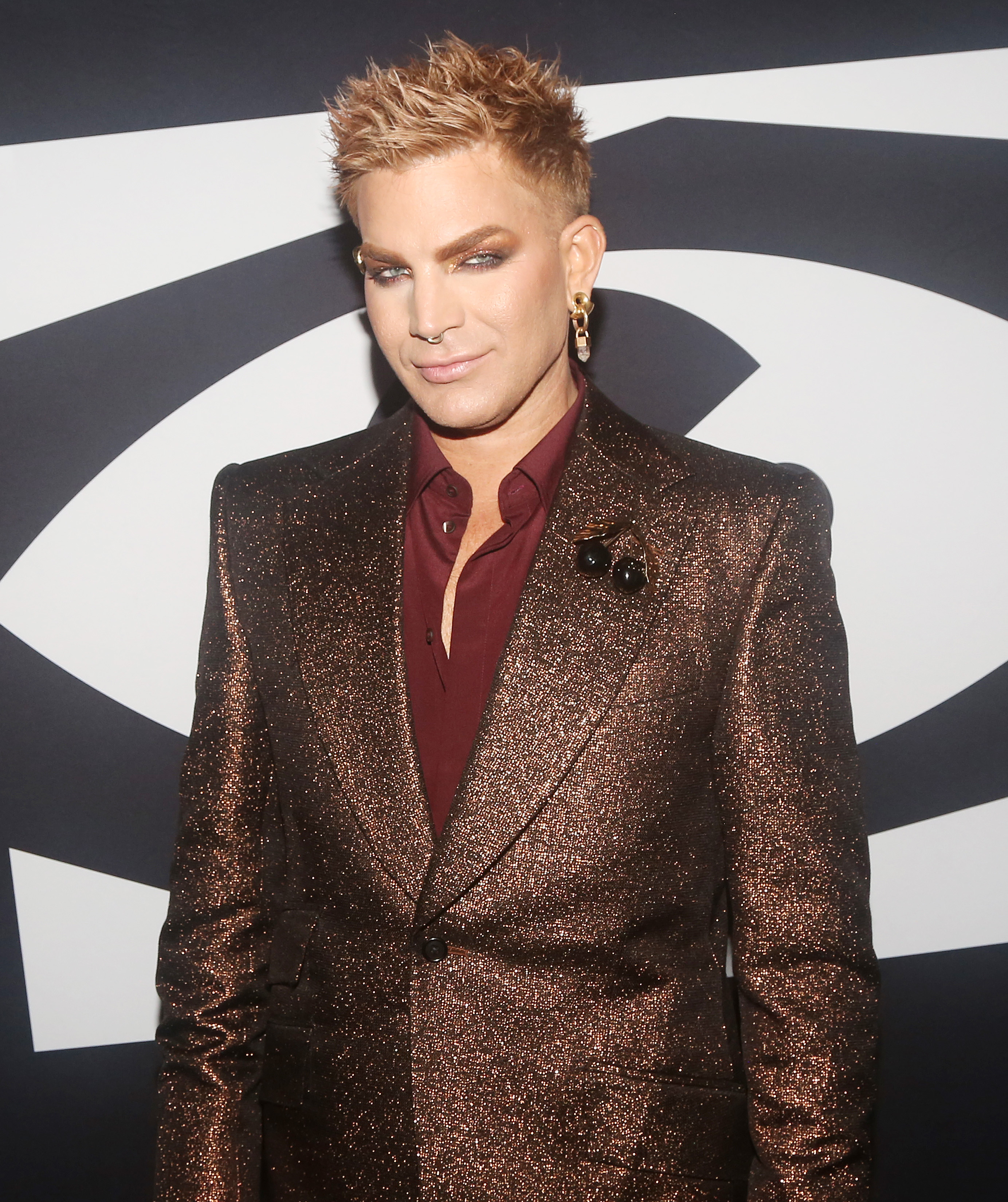“It’s Actually About A Really Dark, Sad Thing”: Adam Lambert Recalled The Time He Had To Scold An Audience Member For Laughing At A Grim Moment During “Cabaret”
Adam Lambert explained why he stopped the show to call out an audience member amid his tenure as the Emcee in the pre-WWII musical Cabaret on Broadway.
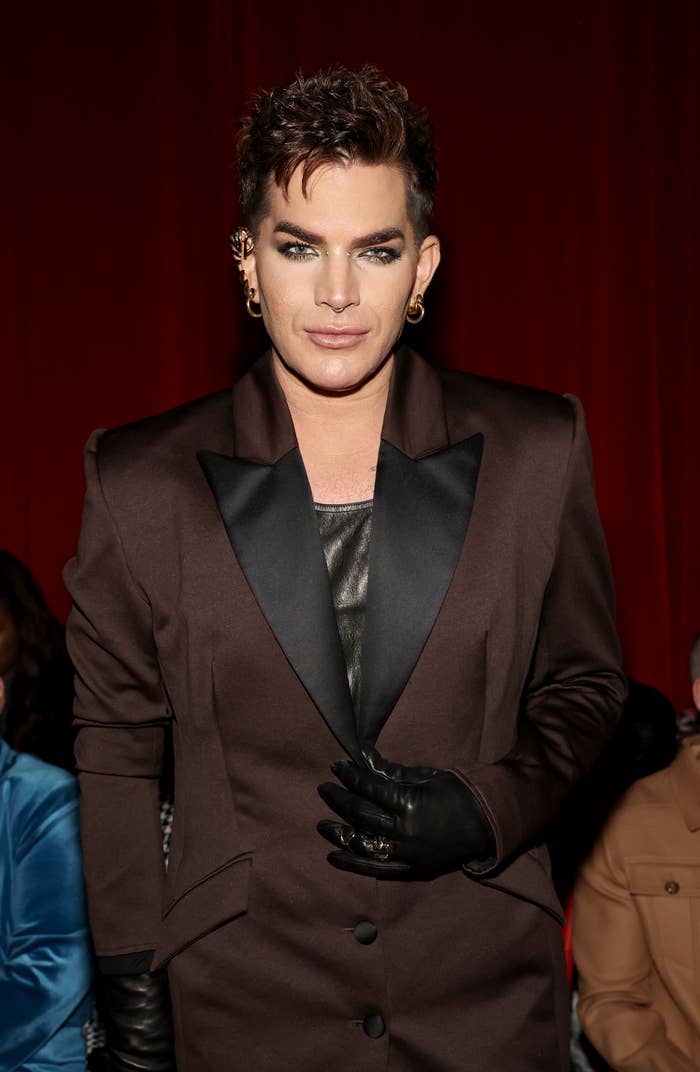
Jamie Mccarthy / Getty Images for Christian Siriano
On Jan. 22, reports emerged that audience members were laughing at the end of the song “If You Could See Her.” It’s a song where Adam’s character sings with a gorilla — and it ends with an antisemitic joke that is clearly intended to be immensely uncomfortable.

Theatermania / Via youtube.com
It’s not the only time a social media post has expressed discomfort at the audience’s recent reactions to the moment. If you haven’t seen it, you can listen to the movie version here.
In that performance, as one person in attendance put it, “[Adam was] cut off by people in the audience laughing at the joke. Not nervous laughter, not shocked laughter, but people who found the surprise…legitimately funny.” Adam then apparently turned to the people in character and said, “No, this is not comedy. Pay attention.”
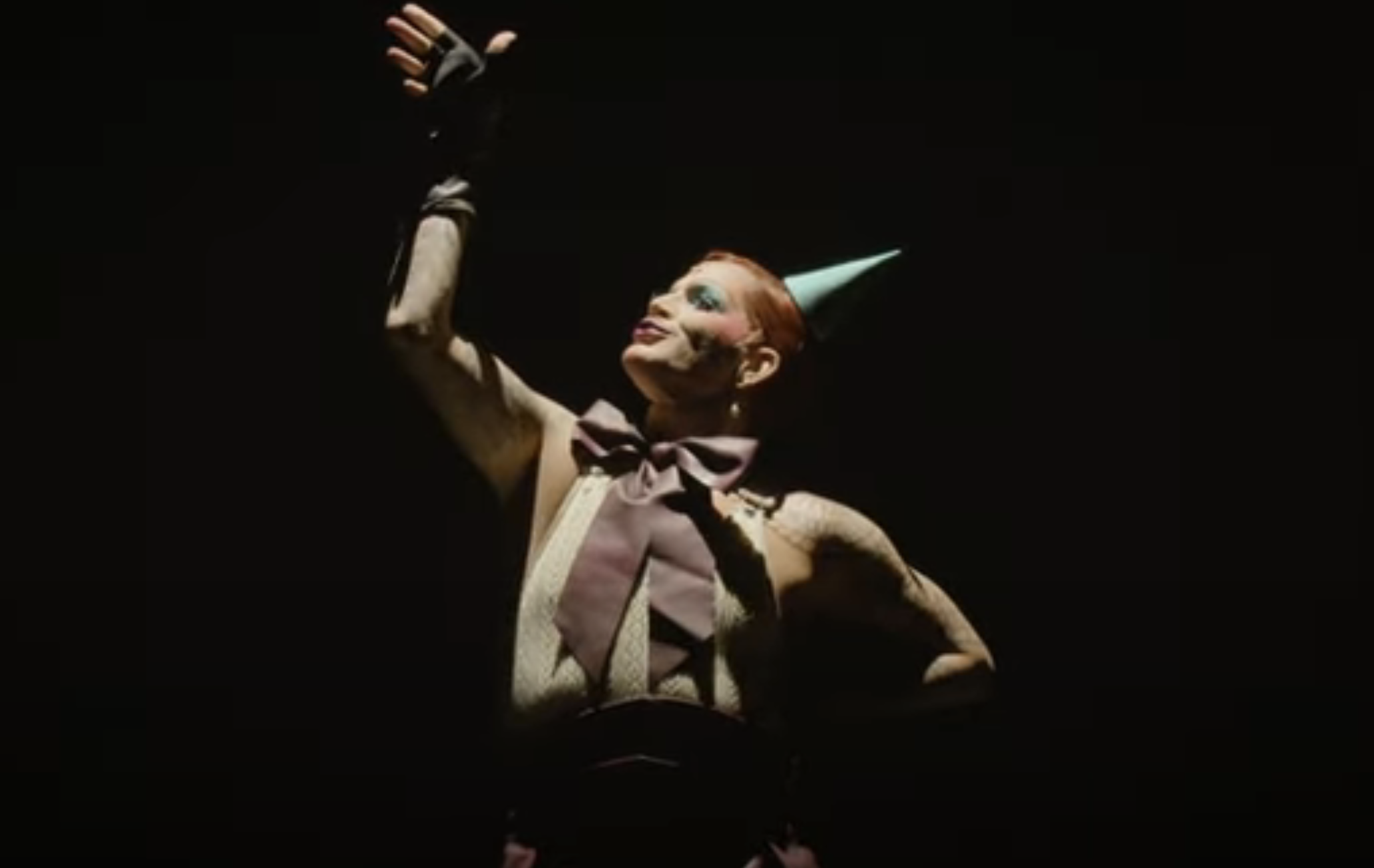
Theatermania / Via youtube.com
Speaking on the moment during a recent interview on The View, Adam said, “It’s satire, it’s supposed to be like, ‘Yeah, we’re back in the nightclub, and we’re doing a cute little number,’ but it’s actually about a really dark, sad thing about how society sees people.”
“Sometimes people in the audience, there were a few people here and there, they’ve had a few too many to drink during the intermission, and they’re not listening,” he continued. “They’re not getting the message of the show, because the beginning is so permissive and fun and free. And sometimes it gets a laugh as if it were a joke.”
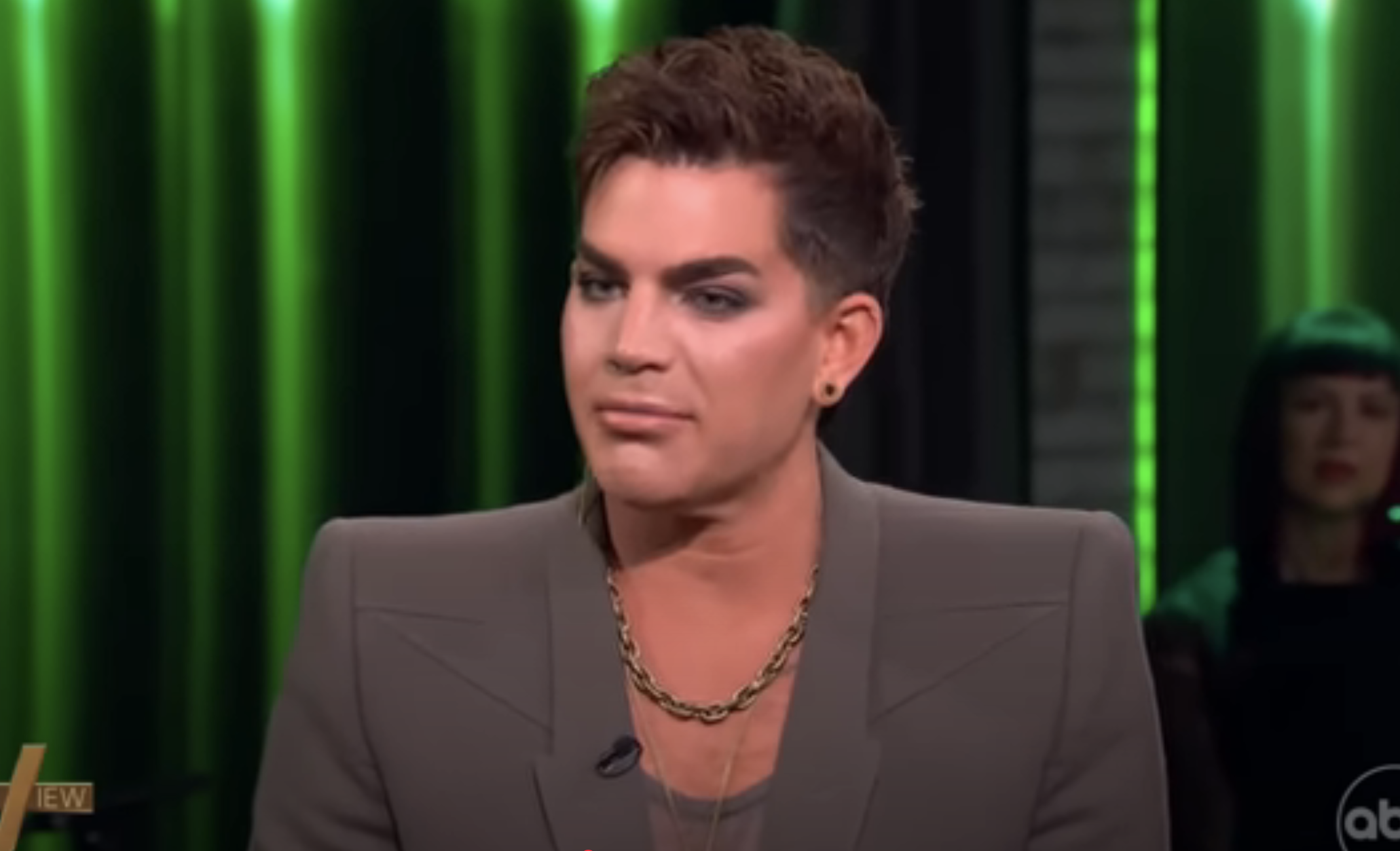
“There have been a few shows — one in particular, where this person commented, and I stopped, and I just looked at the audience, and said, ‘No, no, no, no, this isn’t comedy. Pay attention,'” he continued.
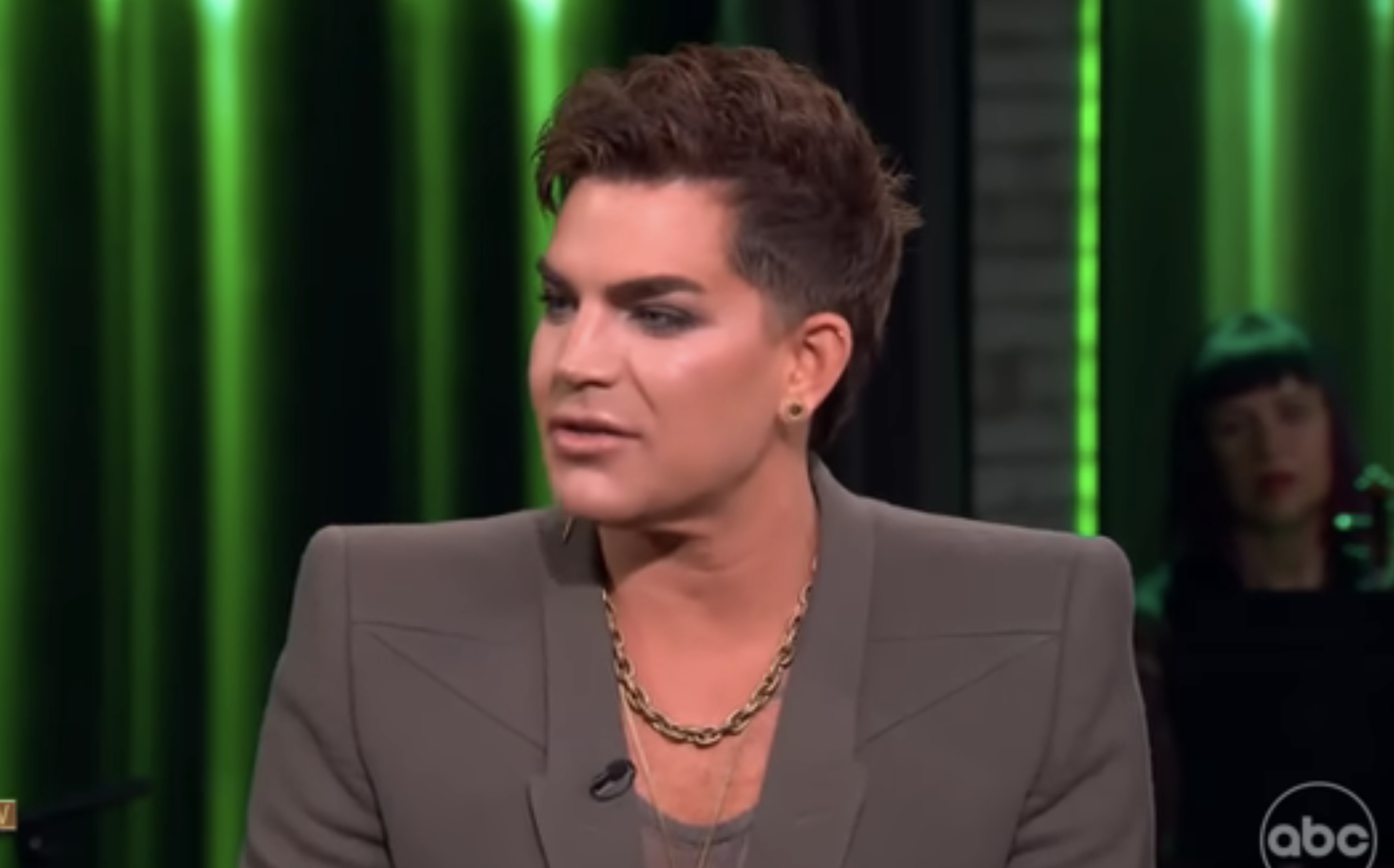
“When we get to Act II, we talk about the reality of the Nazis coming into power and what that means for people that are alternative and other in a society that once embraced them and very quickly are vilifying them,” Adam noted. “So it’s not that dissimilar to what we see going on in the world right now.”
Adam, who is Jewish himself, previously discussed the song and its final joke in an interview last November. “It’s a really intense statement to make. It’s a loaded punchline that is meant to illustrate all the double standards and antisemitism that was going on at the time, and sometimes, people actually laugh. That’s hard for me, because I know how unfunny it actually is. I tend to find the person in the audience that’s laughing and look right at them. I can see everyone in that theatre. It is very confrontational,” he said. “If someone laughs, I stare them down until they realize what they’re laughing at.”
